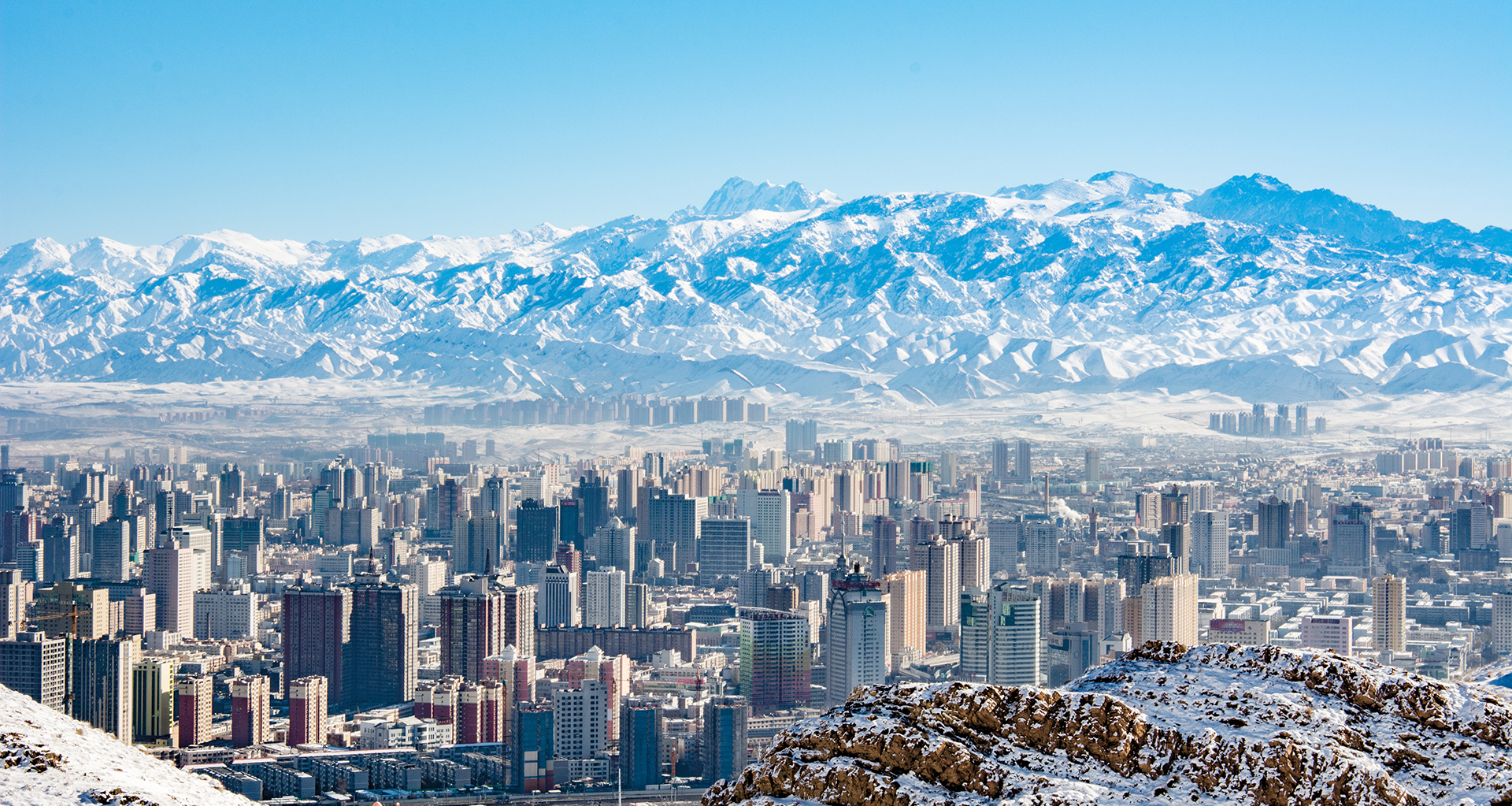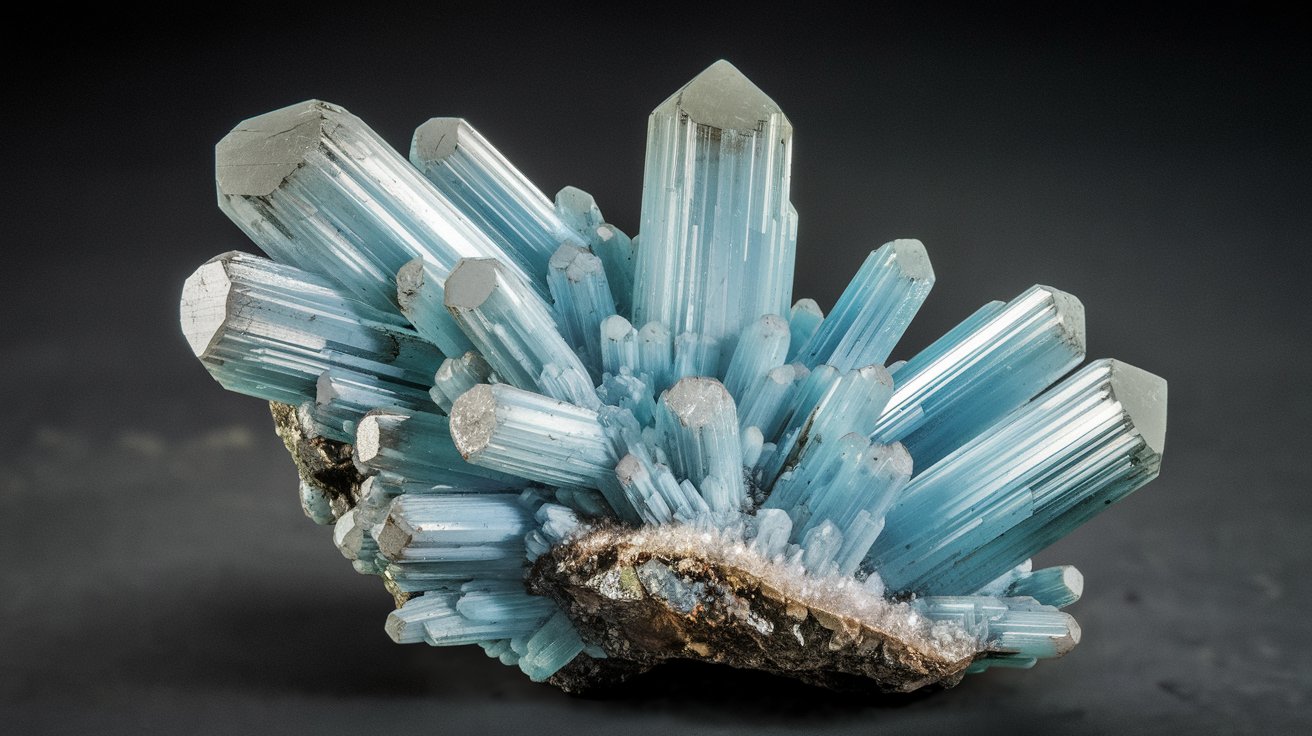
Urumqi, the capital city of the Xinjiang Uygur Autonomous Region in northwestern China, is a captivating blend of history, culture, and natural beauty. Known as the “Gateway to Central Asia,” it is a city that offers a unique and fascinating experience to its visitors. With its rich heritage dating back thousands of years, Urumqi boasts a plethora of historical sites, vibrant markets, and a diverse ethnic mix.
In this article, we will delve into the intricacies of Urumqi and uncover 45 fascinating facts about this enchanting city. From its stunning landscapes to its delicious cuisine, architectural wonders to cultural traditions, Urumqi has something to offer for everyone. So, fasten your seatbelts and get ready to embark on a virtual journey through the wonders of Urumqi!
Key Takeaways:
- Urumqi, the “beautiful pasture” city, is a multicultural hub with vibrant markets, delicious cuisine, and stunning natural landscapes. It seamlessly blends tradition with modernity, offering a fascinating experience for travelers.
- From diverse ethnic populations to bustling street markets and traditional Uyghur festivals, Urumqi is a city of contrasts and rich cultural heritage. It’s a paradise for adventure enthusiasts and a gateway to explore the stunning landscapes of Xinjiang.
Urumqi is the capital city of Xinjiang Uygur Autonomous Region in China.
Located in the northwest part of the country, Urumqi is one of the largest cities in the region and serves as its political, economic, and cultural center.
The name “Urumqi” means “beautiful pasture” in the Mongolian language.
This name reflects the city’s picturesque surroundings, with lush green meadows and snow-capped mountains.
Urumqi is known for its diverse population.
The city is home to people from various ethnic backgrounds, including Uyghurs, Kazakhs, Hui, Han Chinese, and many others.
Urumqi is the most inland major city in the world.
Despite its remote location, it is a significant transportation hub connecting China with Central Asia and Europe through the Silk Road Economic Belt.
Urumqi experiences a continental arid climate with large temperature variations.
Summers are hot and dry, while winters are cold and snowy. The temperature can range from below freezing in winter to over 40 degrees Celsius in summer.
Urumqi is home to the Xinjiang International Grand Bazaar, one of the largest bazaars in the world.
Visitors can immerse themselves in the vibrant atmosphere while exploring traditional food, handicrafts, and cultural performances.
Urumqi is famous for its delicious cuisine.
From the aromatic lamb kebabs to hand-pulled noodles and dairy products, the city offers a wide array of culinary delights influenced by the diverse ethnic groups residing here.
Urumqi is rich in natural resources.
The region is known for its abundant reserves of coal, natural gas, oil, and minerals such as gold, copper, and uranium.
Urumqi is surrounded by stunning natural landscapes.
Within a short distance from the city, one can explore the majestic Tian Shan Mountains, beautiful Heavenly Lake, and picturesque Narat Grassland.
Urumqi hosts the Silk Road International Grand Cultural Festival annually.
This vibrant event showcases the rich cultural heritage of the region through various performances, exhibitions, and traditional art forms.
Urumqi is a major center for traditional Uyghur music and dance.
The city is known for its lively performances of the traditional Uyghur musical instrument, the dutar, and the captivating Uyghur dance forms.
Urumqi is home to several impressive modern architectural landmarks.
The Grand Theater of Xinjiang, the Urumqi TV Tower, and the Xinjiang International Convention and Exhibition Center are just a few examples of the city’s architectural marvels.
Urumqi has a well-developed public transportation system.
Visitors can easily navigate the city using buses, trams, and the Urumqi Metro system, which connects various parts of the city.
Urumqi is a melting pot of different cultures.
Visitors can experience the unique blend of traditions, customs, and languages that make Urumqi a truly multicultural city.
Urumqi is home to numerous parks and green spaces.
The Red Mountain Park, People’s Park, and Hongshan Park are popular destinations for relaxation and outdoor activities.
Urumqi is known for its bustling street markets.
The Erdaoqiao Market and the Saturday Bazaar are vibrant hubs where locals and tourists can shop for a variety of goods and souvenirs.
Urumqi has a thriving arts and cultural scene.
The Xinjiang Regional Museum, the Urumqi Grand Theater, and various art galleries showcase the rich heritage and contemporary artistic expressions of the region.
Urumqi is a gateway to explore the stunning landscapes of Xinjiang.
From the colorful Rainbow Mountains to the vast Gobi Desert and the picturesque Kanas Lake, there are endless natural wonders to be explored.
Urumqi hosts the Urumqi Ice and Snow Festival every winter.
Visitors can enjoy ice sculptures, skiing, snowboarding, and other winter activities in the city’s designated snow parks.
Urumqi is home to the Xinjiang University.
It is a prestigious educational institution offering a wide range of disciplines and attracting students from all over the world.
Urumqi is a paradise for adventure enthusiasts.
Activities such as hiking, mountain biking, paragliding, and camel riding can be enjoyed in the surrounding mountains and deserts.
Urumqi has a rich history dating back thousands of years.
The city has been a cultural and commercial hub along the ancient Silk Road, witnessing the exchange of goods and ideas between East and West.
Urumqi is known for its traditional Uyghur handicrafts.
From intricate carpets and textiles to beautiful ceramics and woodwork, visitors can find unique pieces that reflect the region’s rich craftsmanship.
Urumqi is a paradise for shoppers.
The city offers a wide range of shopping options, from modern shopping malls to traditional markets, where visitors can find everything from designer brands to local handicrafts.
Urumqi is the starting point for exploring the stunning Karakoram Highway.
This iconic road trip takes travelers through breathtaking mountain landscapes and connects China with Pakistan.
Urumqi is home to the Xinjiang Flying Tigers, a professional basketball team.
Basketball is a popular sport in the city, and locals are passionate supporters of their home team.
Urumqi has a vibrant nightlife scene.
From trendy bars and clubs to traditional tea houses and live music venues, there are plenty of options to enjoy a lively evening in the city.
Urumqi is known for its unique Uyghur architecture.
The traditional Uyghur residential buildings, known as “Kapal,” are characterized by their distinctive decorative patterns and intricate woodwork.
Urumqi hosts the China-Eurasia Expo, an international trade fair.
The expo attracts participants from various countries and serves as a platform for promoting economic cooperation and cultural exchange.
Urumqi has a vibrant traditional medicine market.
Visitors can explore the market and find an array of traditional remedies, herbs, and ingredients used in Uyghur and Chinese medicine.
Urumqi is an important center for the production of textiles and garments.
The city’s textile industry offers a wide range of products, including silk, wool, and cotton fabrics.
Urumqi is known for its strong tea-drinking culture.
Visitors can experience traditional tea ceremonies and sample a variety of aromatic teas, including the famous Xinjiang green tea.
Urumqi is home to the Xinjiang International Expo Center.
This state-of-the-art exhibition venue hosts conferences, trade shows, and cultural events, attracting participants from around the world.
Urumqi has a diverse range of religious sites.
The city is home to mosques, Buddhist temples, and Taoist shrines, representing the religious diversity of the region.
Urumqi is a center for traditional Uyghur craftsmanship.
The city is renowned for its handmade carpets, intricate jewelry, and colorful traditional costumes.
Urumqi has a well-preserved ancient city wall.
The Jiaohe Ancient City is a historical site that offers a glimpse into the region’s past and is a popular tourist attraction.
Urumqi is a hub for the exploration of Xinjiang’s nomadic culture.
Visitors can visit traditional yurt camps, interact with nomadic herders, and experience their way of life.
Urumqi is known for its vibrant Uyghur embroidery.
The intricate designs and colorful threads used in Uyghur embroidery reflect the rich cultural heritage of Xinjiang.
Urumqi has a growing film industry.
The city hosts the Silk Road International Film Festival, showcasing a wide range of films from China and around the world.
Urumqi is home to the Xinjiang Sports Center.
The sports center hosts various sporting events, including football matches, athletics competitions, and concerts.
Urumqi is a great place to experience traditional Uyghur festivals.
The Eid al-Fitr, Nowruz, and Corban festivals are celebrated with great enthusiasm, showcasing the vibrant cultural traditions of the Uyghur people.
Urumqi has a growing fashion industry.
The city hosts fashion shows, exhibitions, and design competitions, contributing to the development of the regional fashion scene.
Urumqi has a well-developed healthcare system.
The city is equipped with modern medical facilities and renowned hospitals that provide quality healthcare services.
Urumqi has a strong emphasis on education.
There are numerous schools, colleges, and universities offering a wide range of educational programs and opportunities.
Urumqi is a city of contrasts.
It seamlessly blends the traditional with the modern, the ancient with the contemporary, making it a fascinating destination for travelers.
Conclusion
Urumqi, the capital of China’s Xinjiang Uygur Autonomous Region, is a city rich in history, culture, and natural beauty. With its stunning landscapes, diverse ethnic groups, and unique attractions, Urumqi offers visitors a truly unforgettable experience. Whether you’re interested in exploring ancient history, indulging in mouthwatering cuisine, or venturing into the breathtaking Tianshan Mountains, Urumqi has something for everyone.From the bustling bazaars of the Old Town to the tranquil beauty of Heavenly Lake, Urumqi showcases the best of both worlds. The city’s vibrant markets, filled with colorful spices, silk fabrics, and traditional handicrafts, offer a glimpse into the region’s bustling trade routes of the past. Meanwhile, the snow-capped peaks, lush meadows, and crystal-clear lakes of the Tianshan Mountains provide a haven for outdoor enthusiasts and nature lovers.With its mix of cultural influences from the Uighur, Han Chinese, Kazakh, and other ethnic groups, Urumqi’s vibrant atmosphere is reflected in its tantalizing cuisine. From kebabs and hand-pulled noodles to lamb skewers and flavorful spices, the city’s culinary offerings will leave your taste buds wanting more.Urumqi is a city that truly captures the essence of China’s diversity, from its picturesque landscapes to its cultural tapestry. Whether you’re a history buff, nature enthusiast, or simply seeking a memorable travel experience, Urumqi promises to deliver an adventure like no other.
FAQs
1. What is the best time to visit Urumqi?
The best time to visit Urumqi is during the months of May to October when the weather is mild and pleasant. Summers can be hot, while winters are cold and snowy.
2. How do I get to Urumqi?
Urumqi is well-connected by air and train. You can fly into Urumqi Diwopu International Airport or take a train to Urumqi Railway Station from major cities in China.
3. What are some must-visit attractions in Urumqi?
Some of the must-visit attractions in Urumqi include the Xinjiang Regional Museum, Heavenly Lake, Red Hill Park, Grand Bazaar, and the Xinjiang International Grand Bazaar.
4. Is it safe to travel to Urumqi?
Urumqi is generally safe for tourists. However, it is always recommended to exercise caution and stay informed about the current political and social situation in the region.
5. What are some local dishes to try in Urumqi?
Don’t miss out on trying local Uighur dishes such as lamb kebabs, hand-pulled noodles, laghman, pilaf, and nang bread. These dishes are a true delight for food lovers.
Please note that the answers provided here are for informational purposes only and may be subject to change. It is always advisable to check for the latest travel advisories and guidelines before planning a trip to Urumqi.
Urumqi's fascinating history, diverse culture, and stunning landscapes make it a must-visit destination. But there's so much more to explore in this region! Uncover the hidden gems of Central Asia, where ancient traditions blend with modern marvels. Dive into the rich tapestry of Xinjiang's Uighur culture, from colorful bazaars to mouth-watering cuisine. And don't miss out on Kashi, a city steeped in Uyghur heritage, where you'll find breathtaking architecture and warm hospitality at every turn. Get ready for an unforgettable journey through one of the world's most captivating regions!
Was this page helpful?
Our commitment to delivering trustworthy and engaging content is at the heart of what we do. Each fact on our site is contributed by real users like you, bringing a wealth of diverse insights and information. To ensure the highest standards of accuracy and reliability, our dedicated editors meticulously review each submission. This process guarantees that the facts we share are not only fascinating but also credible. Trust in our commitment to quality and authenticity as you explore and learn with us.


